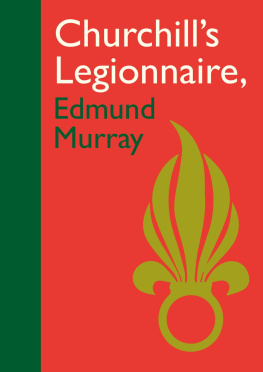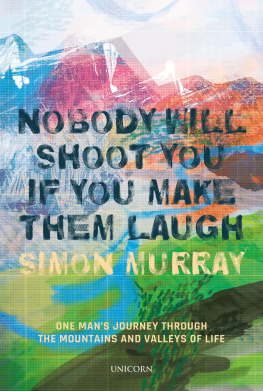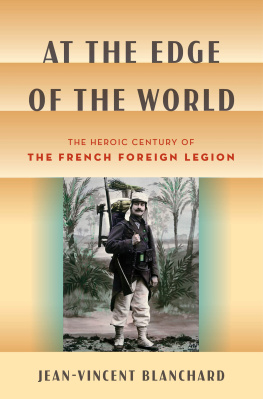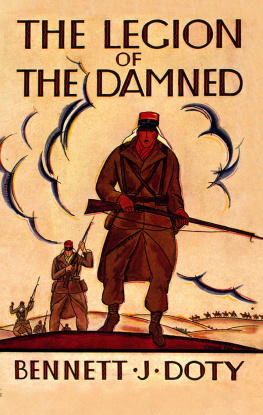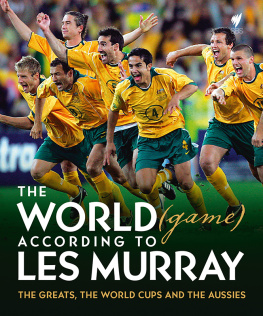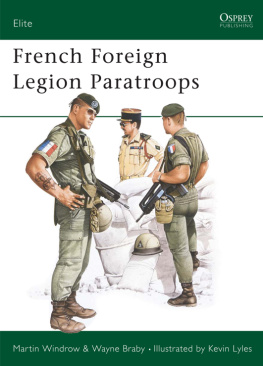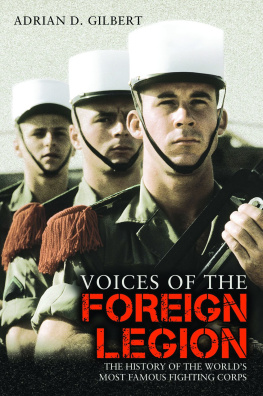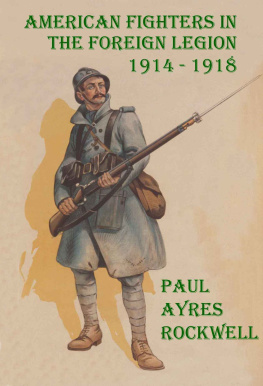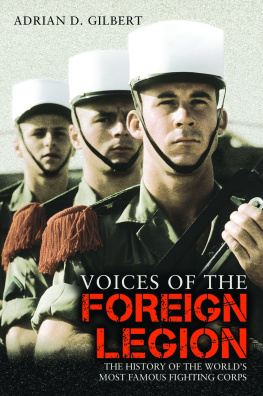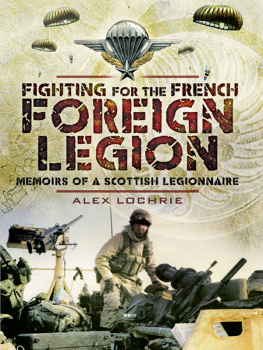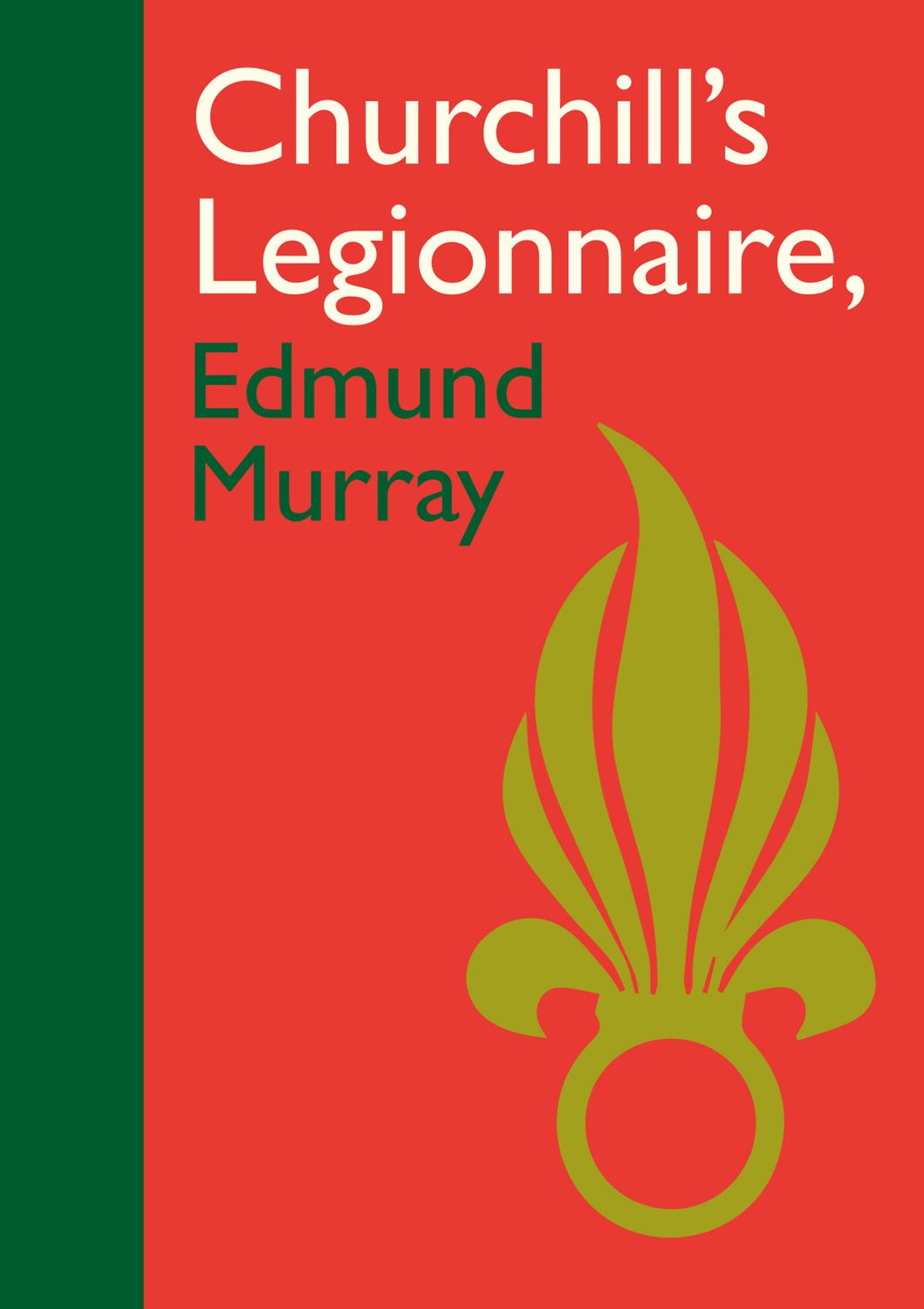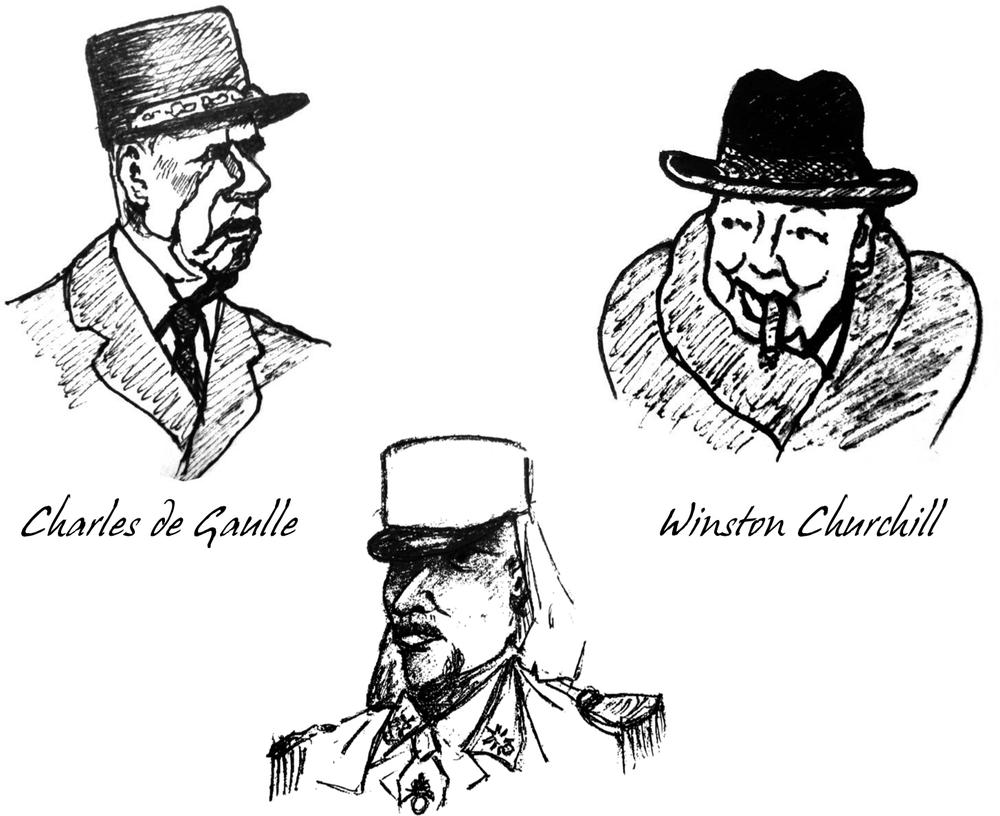I n the first week of November 1958, on his way back from a stay in the south of France, Sir Winston Churchill stopped off in Paris where he was to receive the French nations highest honour, La Croix de la Libration, from the hands of his war-time colleague, General de Gaulle. Churchill had once described de Gaulle as the greatest cross that he [Churchill] had to bear The ceremony took place in the Matignon Gardens and Churchill stayed the night at the British Embassy where his son-in-law, Christopher Soames, was the British Ambassador. The following day, prior to departure from Orly, the General gave Sir Winston lunch at the Elyse Palace.
The lunch terminated. Churchill descended to the entrance by lift but de Gaulle marched down the elegant marble staircase. I was there preparing to assist Sir Winston by offering my arm as usual. General de Gaulle reached the last steps when Churchill turned to him and bellowed out, in understandable French but with his usual terribly English accent: Vous devez connatre mon garde-du-corps, le Sergent Murrayil a pass dix annes dans votre Lgion Etrangre.
The General, faced by this momentous disclosure had no other option than to come towards me with hand outstretched. I thought for a moment that he was going to salute me in the typical Gallic way with kisses on both cheeks, but he restrained himself, grasped my hand firmly and asked me when and where I had honoured the Legion with my presence. We chatted, without interruption from Churchill who just stood by watching with a smirk on his features for a good ten minutes looking like his cat at Chartwell after stealing a bit of fish, before shaking hands once again and saying goodbye. A few minutes later as we made our way with a Garde Mobile escort towards the airport, I turned round in my seat beside the chauffeur to thank Sir Winston for his kind gesture. I could see that he was still smiling contentedly and relishing the moment.
From this episode came the idea of calling the story of my time in the French Foreign Legion, Churchills Lgionnaire.
I n my autobiography, I was Churchills Bodyguard, published by W.H. Allen of London in 1987, I wrote about my life in the French Foreign Legion without really going into the matter in any great length, but used it to suggest the probable reasons for my being chosen, in 1950, to protect Sir Winston Churchill MP, then Leader of the Opposition in the House of Commons. I was deemed to be the right officer in the right place at the right time and was selected by the then Chief of Special Branch, the late Commander Leonard Burt, with the approval of the Home Secretary who was the final arbiter on such an important assignment. I was to remain with Sir Winston as his constant companion for the next fifteen years, accompanying him wherever he went on land, on sea and in the air, and even on one occasion, under the sea on a submarine with Lord Mountbatten acting as guide in the south of France. I was just outside his bedroom when he died on 24 January 1965, leaving behind an emptiness that will never be filled.
I received many wonderful letters of congratulations on my autobiography including one from Lady Churchill who wrote that I had gone over and beyond the call of duty. Mr Anthony AD Montague Browne, CBE, DFC, one of the numerous private secretaries that Winston Churchill had throughout his long public life, commented in a review of my book for the International Churchill Association, that more details about my life in the French Foreign Legion would not have gone amiss and this sentiment was echoed by many others.
So here is the book about my life in the Legion which I dedicate to my comrades, that great family of merry, mean yet magnificent mercenaries, the men of the French Foreign Legion.
Vive La France! Vive la Lgion!
Edmund Murray, Bath, 30 April 1994
by Simon Murray
T his is the remarkable story of a young man in the French Foreign Legion, where he spent eight important and character-forming years of his life. Edmund Murray joined the Legion in 1937, two years before the outbreak of World War Two, and is sent to the strange world of Algeria and even stranger world of the Foreign Legion at the young age of nineteen. His early years are relatively mild as he joins the Legion band and has some freedoms compared to other legionnaires, but we can see the Legion through his lucid writing, which is free of exaggeration and a pleasure to read.
When the war breaks out the band is abandoned and in 1941 he is sent to Indochina and it is war with the Japanese. His five years in Indochina take us through the head-to-head battle with ferocious Japanese fighters in the deep jungle of Vietnam. Realising that he is in his mid-twenties keeps the reader in a state of constant amazement at what he is going through.
It is also a story of friendships between allies and strangers and the essential Esprit de Corps that keeps the Legion, made up of foreigners to each other, as the original Band of Brothers.
This is a must-read for young people starting out in life to whom I always say, Do not follow where the path may lead, but go instead where there is no path and leave a trail. And it makes the older generation read with envy and think Now why didnt I do that?.
Churchills Legionnaire has brought back many memories as in 1960 I followed the same path as Edmund Murray; it is a coincidence that we are both Murrays as we are not related. I also joined aged nineteen and recalled my experiences in Legionnaire: Five Years in the French Foreign Legion. Running off to join the French Foreign Legion is something that many have thought about but few have accomplished. The life of a Legionnaire is a unique experience and one that is worth sharing.
I t was in 1934 when I decided, against the wishes of my parents and teachers, to abandon the long road to university and follow my brothers to London to seek my fortune, or maybe just adventure.
After eighteen months with Joe Sainsbury as a counter-hand, a summer season as a deck-steward on the Crested Eagle, a paddle steamer of the General Steam Navigation Company plying between Tower Pier and Clacton-on-Sea, and a hectic twenty-eight days with the Irish Guards at Caterham, Surrey, I joined my brother Joe at the Holborn Restaurant as a checking clerk. Although I enjoyed the work there, in very pleasant company and conditions as well as the cricket outings round the London and Middlesex area and the excitement of listening to the orchestras in vogue at the time playing in the ballrooms, I was bored. One Sunday in May 1937, copying the example of Leopold the waiter in White Horse Inn (though my heart was not broken), I just got up and left, as I had decided to join the French Foreign Legion.

I was born on 18 August 1917 in a very small mining village in County Durham. It was called Low Friarside, and I mean was, for when I took Beryl my wife to see it just a few months after we were married, my birthplace was no more. The fifty or so houses once all occupied by miners, all the way up a very steep, mile-long bank, were gone. What fun we had experienced on that bank during the winter months, for in those days we had snow to tell that it was winter and it used to last for two or three months. My father was most adept at making sledges for his children; I had two brothers and two sisters, the former both older than myself and the latter both younger.

